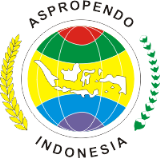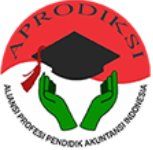Peer Relationships, Academic Motivation, Academic Self-Efficacy, and Student Achievement: Moderated Mediation Model
DOI:
https://doi.org/10.15294/dp.v19i1.2680Keywords:
Academic Motivation, Academic Self-Efficacy, Economic Learning Outcomes, Peer RelationshipsAbstract
This study utilizes statistical approaches and hypothesis testing to explore the relationships among variables in the context of peer relationships, academic motivation, academic self-efficacy, and economic learning outcomes among 10th-grade students at Surabaya Public Senior High School 12. It employs a quantitative research design with a sample of 191 10th-grade students from Surabaya Public Senior High School 12. Data collection is conducted through a Likert-scale questionnaire, which is then analyzed using descriptive statistics, correlation analysis, and moderated mediation analysis using the PROCESS Hayes Model 7 method. The results of the study indicate significant relationships among the variables under investigation. Peer relationships (PR) have a positive impact on academic motivation (AM), academic self-efficacy (ASE), and economic learning outcomes (EO). Similarly, the relationship between academic motivation and economic learning outcomes also shows a positive impact. Furthermore, it is found that academic motivation mediates the relationship between peer relationships and economic learning outcomes. Academic self-efficacy also moderates the relationship between peer relationships and academic motivation, where this moderating effect reduces the strength of the expected mediation effect.










